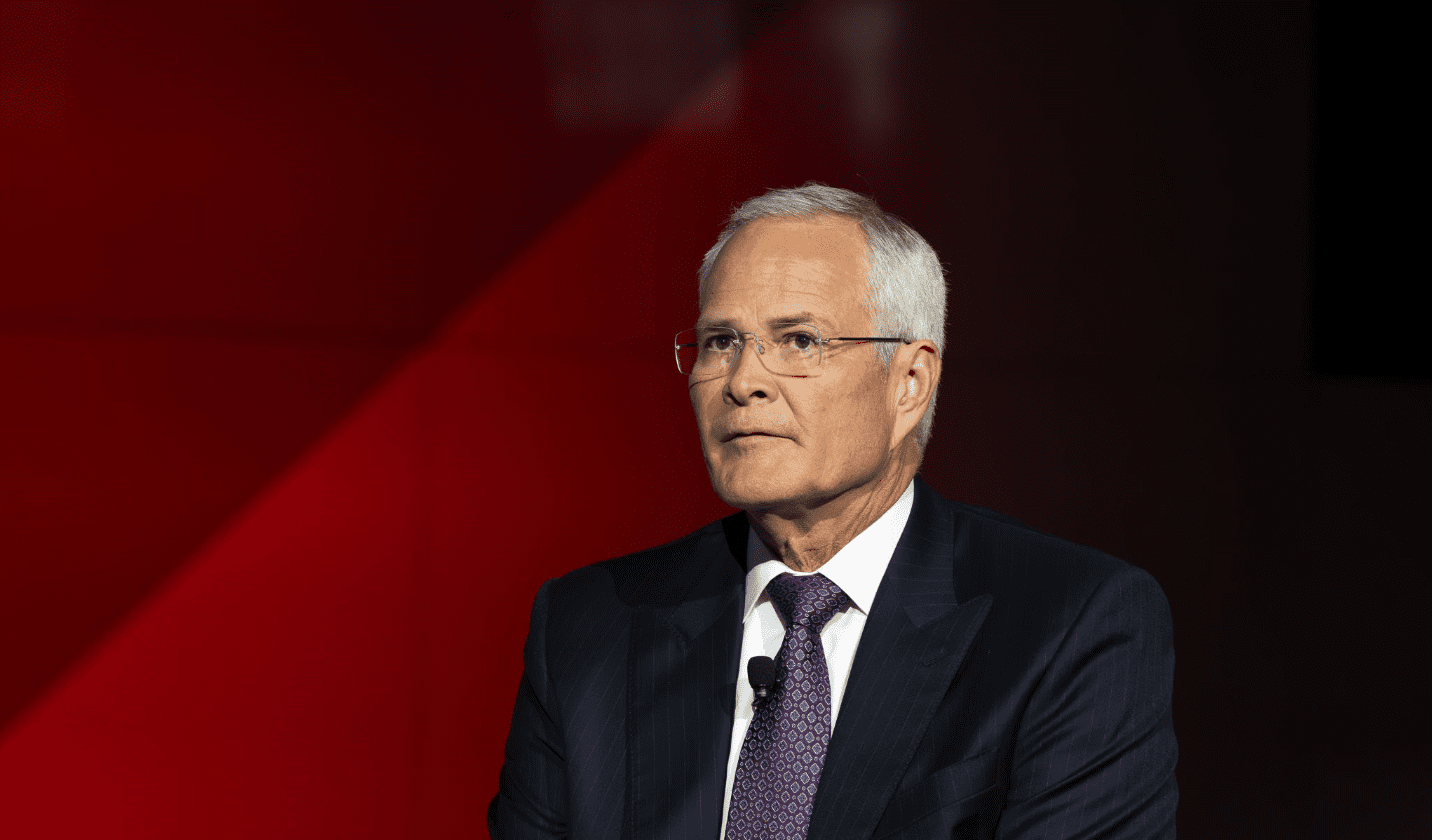ExxonMobil remains focused on developing the vast hydrocarbon resources offshore Guyana in keeping with the government’s objective of moving these projects forward in a timely manner. The U.S. multinational says it is not playing a role in providing financial support in the ongoing border controversy with Venezuela.
Asked pointedly by Bloomberg about this, Chief Executive Officer (CEO) Darren Woods said, “No, we are not. We are limiting our role to the area of our expertise, which is to basically help them responsibly develop their resources.”
Caracas had accused both ExxonMobil and the U.S. government of engineering hostilities between it and Guyana. However, it is the Maduro regime which has deployed troops to the border with Guyana along with publicly announced plans to take control of the vast Essequibo region which has been legally part of Guyana’s territory for over 124 years.
“I am not sure the press has captured the true intensity of the situation there, but we are keeping an eye on it,” Woods said to Bloomberg at the COP28 climate summit in Dubai. “We can do what we can do, which is making sure that we are helping the government of Guyana by producing the resources efficiently.”
Venezuela had threatened Exxon because of its participation in Guyana’s bid round; the announcement of the results kickstarted this latest wave of aggression.
President of ExxonMobil Guyana, Alistair Routledge had said that the company plans to stay on its development track, unmoved by Venezuela.
“…we have not been scared away by Venezuela…that’s why we’re still working in Guyana. That’s why we anticipate continuing to do so for decades to come,” Routledge told reporters on October 17.
Speaking at a December 7 press conference, Guyana’s Vice President, Bharrat Jagdeo reaffirmed that oil and gas exploration and development is Exxon’s focus in the South American country.
“They’ve made it clear that this is an issue between states, and they’re here to deal with their business,” Jagdeo said. “It’s our country, it’s not Exxon’s country. It is our country, and we have to defend all of its assets, every bit of the territory, land and sea, all of our assets and most importantly, our people. That’s our responsibility, it’s not Exxon’s responsibility nor anybody else’s.”
Venezuela’s recent attempts to claim two-thirds of Guyana’s territory, culminating in a referendum to annex the Essequibo region, have escalated tensions. Despite the International Court of Justice’s ruling against compromising Guyana’s control of Essequibo, Venezuela proceeded with the referendum, prompting Guyana’s preparations for potential outcomes.
Major strategic partners, including the United States, Brazil, Britain, and CARICOM, have rallied behind Guyana. Venezuela’s provocations extended to threats against participating oil companies and individuals supporting Guyana, conveyed through communiques from President Maduro and Venezuela’s Defense Minister, Vladímir Padrino López, over the past two months.



